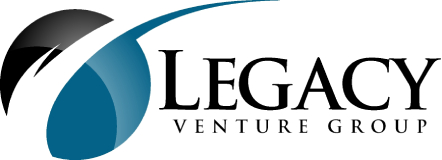
SDE – What is it and why is it important to you?
What is SDE?

SDE stands for Seller’s Discretionary Earnings. It is a less formal business valuation method. It is basically the Total Owner Benefit a business produces. Generally, it is used for evaluating businesses with gross annual sales that are under $1,000,000. For businesses over $1,000,000, EBITDA is generally used.
This method is based on the owner’s total cash flow which includes salary, benefits, and depreciation. These are all items that are benefits to the owner, also known as discretionary items. All of these items are added to the profit of the business to arrive at a grand total of the owner’s cash flow.
It is important to include actual and real expenses that are necessary to the operation of the business such as: rent, utilities, labor, etc. There are also expenses that the owner has control over such as: auto expenses, salary (his or hers), owner benefits and the so on. Finally, there is depreciation and amortization that are non-cash items.
For this type of valuation, we assume there is one (1) full time, working manager in the business. If, in realty, the owner is not working in the business, then the money spent on labor that could be saved with a full-time working owner should be added back to the Net Profit to get the SDE.
In contrast, if multiple partners are working in the business, only one partner would be considered. The amount a capable employ (or employees) would be paid to replace the additional partner(s) would be subtracted from the reported earnings. Items such as Interest and Depreciation are also added back.
See SDE formula below:
Profit on Income Taxes
+ Nonrecurring Expenses
– Nonrecurring Income
+ Non-operating Expenses
– Non-operating Income
+ Depreciation
+ Amortization
+ Interest Expense
+ One Owner’s Total Compensation
= SDE
*Note: Some of the information contained above comes from the Inc.com article titled Valuation Method Examples.
